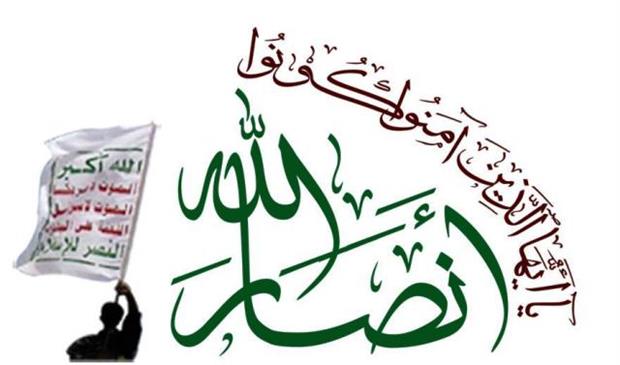
Ansarullah Movement Conditionally Agrees to Seven-Point Peace Plan
Local Editor
The Houthi Ansarullah movement’s spokesman, Mohammed Abdulsalam, said on Wednesday that the United Nations [UN]-brokered peace plan is supported if other parties in the conflict also commit to the initiative.
The SABA news agency quoted Abdulsalam as saying that the Ansarullah movement will agree to the seven-point peace plan, which also requires adherence to UN Resolution 2216, if other parties to the conflict also commit to the initiative.
Abdulsalam also called on UN Secretary General Ban Ki-moon and the UN Security Council to back Yemen’s peace process.
Meanwhile, fugitive former Yemeni President Abd Rabbuh Mansour Hadi has not yet commented on the Houthi’s new position. He had earlier ruled out engaging in talks with the Houthis before they accept the UN resolution.
Yemen’s General People’s Congress [GPC], the party of former Yemeni President Ali Abdullah Saleh, has also accepted the peace plan.
Ansarullah fighters took control of the Yemeni capital, Sana’a, in September 2014 and are currently in control of large parts of the country. The revolutionaries said that the government of Hadi was incapable of properly running the affairs of the country and containing the growing wave of corruption and terror.
As the Ansarullah fighters who are backed by army forces and Popular Committees made many advances, Saudi Arabia began its deadly military aggression against Yemen.
On March 26, Saudi Arabia and some of its Arab allies backed by the United States began to launch air strikes against the country in an attempt to restore power to Hadi, a close ally of Saudi Arabia.
The airstrikes have not been authorized by the UN.
As a result, the Yemeni army backed by popular committees and tribal fighters has been responding to the aggression by targeting several Saudi border military posts and cleansing several areas across the country from Hadi and al-Qaeda-linked militias.
